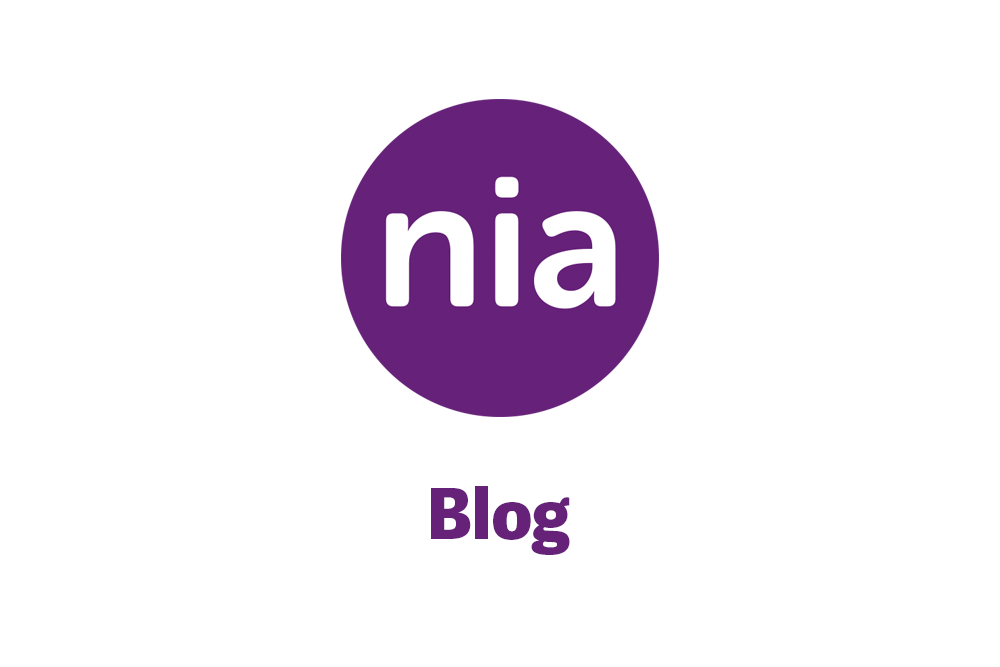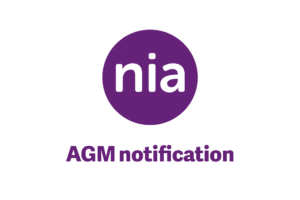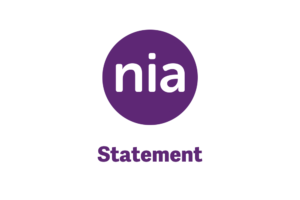The news about the appalling treatment of child Q, has upset and angered us. As is now widely known, this 15-year-old Black schoolchild was forced by police officers to strip naked, remove her sanitary protection and bend over, spread her legs and use her hands to spread her buttocks while coughing. In Hackney, north-east London, in December 2020. The actions were reportedly taken because teachers who said that the girl smelt of cannabis had called the police. No drugs were found on the girl. Parental consent had not been obtained and no appropriate adult was present. We recognise the profound and ongoing impact of this act on the girl, who said in a statement that she did not know if she would “ever feel normal again”; our thoughts are with her and her family; but our anger does not stop there.
A report on the incident found that racism was likely to have played an “influencing factor” in the police officers’ actions; and that the girl, a child, was subjected to ‘adultification’ bias, where children from Black, Asian and other minoritised ethnic groups are treated as being older than they are, and in a way which is less likely to be applied to their white peers. There were also serious concerns raised regarding the safeguarding approach and ethos of the school. Schools cannot absolve themselves of their safeguarding responsibilities when they hand over to the police.
The Metropolitan Police does not have a good record on either racism or misogyny. Earlier this year, Deputy Assistant Commissioner Bas Javid, was asked on BBC Newsnight if he accepted racism “is a problem in the Metropolitan police”, he replied: “Yes, I do.” In February, The Independent Office for Police Conduct (IOPC) released a report on Operation Hotton, a series of nine linked independent investigations into serving Met Police Officers. The report found evidence of a culture sexual harassment, misogyny and racism, with teams dominated by ‘macho’ officers using discriminatory, misogynistic and offensive language. Communications that mocked non-Christian religions, the Black Lives Matter movement, people with disabilities, racism and homophobia were easily found. Black and Asian police officers spoke of being ostracised. The Home Secretary, Priti Patel, last year announced a “public inquiry” because of the “unimaginable failures in policing” relating to the abduction, rape and murder of Sarah Everard by a serving police officer but has now made clear that the inquiry will focus on this single, albeit dreadful, event.
The best efforts of anti-racism activists to address racism in public services, including policing, the criminal justice system, social services and education are being thwarted by a Government which resists any analysis of either racism or sexism as structural or institutional. This case again points to the need for precisely such a rights-based, structural approach across public services.
We run East London Rape Crisis, a service for women and girls who have been subjected to rape and sexual assault, regardless of whomever perpetrated it, whenever it took place and whether or not the woman concerned wishes to report the matter to the police. Rape conviction rates in the UK are at a record low. It is barely a stretch to say that rape is as good as decriminalised in the UK.
We affirm our support for the Centre For Women’s Justice’s legal challenge the Home Secretary’s decision to limit the powers and scope of the public inquiry. We will not accept racist misogynistic policing which fails women and girls. We want to see men who abuse women held to account. How can we help this to happen if we cannot in good faith support women and girls, especially if they are black, to report abuse to the police?



